<< Previous | Displaying results 176-200 of 544 for "world war I" | Next >>
During the Holocaust, some children went into hiding to escape Nazi persecution. They faced constant fear, dilemmas, and danger.
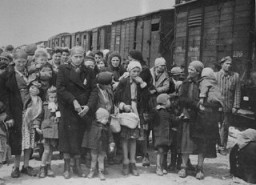
Rosa Luxemburg was a Marxist and a leader of the radical wing of the German Social Democratic Party. Her work was burned in Nazi Germany in 1933. Learn more.
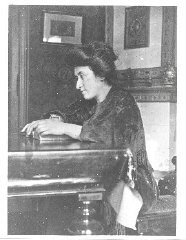
Walther Rathenau was a liberal democratic politician and the first Jew to hold a cabinet post in Germany. His books were burned in Nazi Germany in 1933. Learn more.
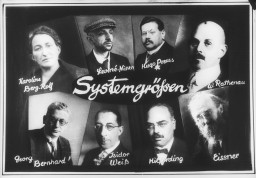
The Diary of Anne Frank is often the first exposure readers have to the history of the Holocaust. Learn about Anne's diary, including excerpts and images.
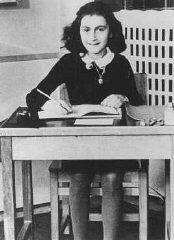
Nicholas Winton organized a rescue operation that brought hundreds of children, mostly Jewish, to safety in Great Britain before WWII. Listen to his accounts.
May 1937. Neville Chamberlain became British prime minister and followed a policy of appeasement towards Nazi Germany.
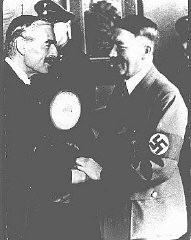
Louis Fischer was an American political historian. In May 1933, his work was burned in Nazi Germany for its sympathy toward Communism. Learn more.
Learn about African Americans' experiences in Nazi Germany before and during World War II.
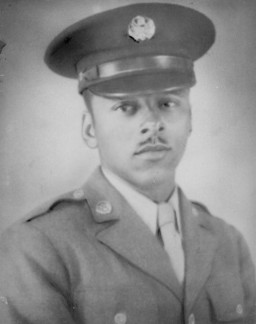
Helen Keller was an author, suffragist, and disability rights advocate. Her socialist and anti-war writing was burned under the Nazi regime in 1933. Learn more.
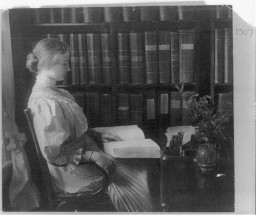
Towards the end of 1940, Hungary joined the Axis powers and invaded Yugoslavia and the Soviet Union. Learn more about Hungary before the German occupation.
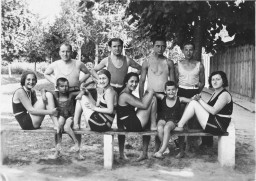
After WWII and the fall of the Nazi regime, Holocaust survivors faced the daunting task of rebuilding their lives. Listen to Norman Salsitz's story.
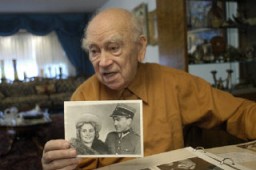
The US Army Signal Corps had a crucial role in documenting—in both film and photographs—the atrocities perpetrated during the Holocaust.
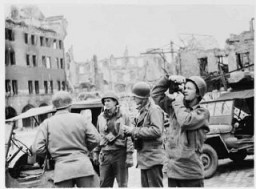
Insignia of the 89th Infantry Division. The 89th Infantry Division's nickname, the "Rolling W," is based on the division's insignia. Created during World War I, this insignia utilized a letter "M" inside a wheel. When the wheel turns, the "M" becomes a "W." The letters "MW" signify the mid-west origin of the troops who formed the 89th during World War I. The division was also known as the "Middle West" division, another variation on its origin.
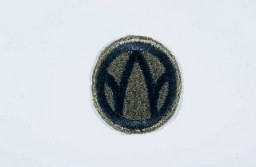
Explore Jacob Wiener’s biography and learn about his experiences during Kristallnacht in Würzburg, Germany.
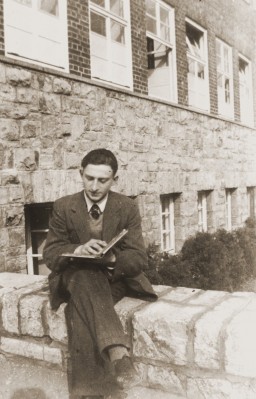
Learn about causes, scope, and impacts of the Great Depression, including how it played a role in Adolf Hitler's emergence as a viable political leader in Germany.
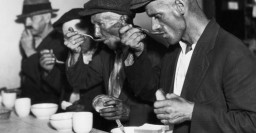
In 1933, Nazi students at more than 30 German universities pillaged libraries in search of boo...
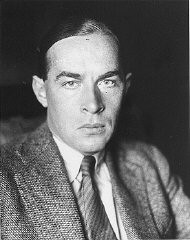
Fascism is a far-right authoritarian political philosophy. Learn about the history and principles of fascism and its implementation in Nazi Germany.
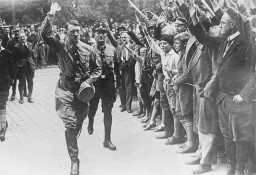
During World War II, Slovene general Leon Rupnik collaborated with the forces of Fascist Italy and Nazi Germany. Rupnik was appointed president of the Provincial Government of the German-occupied Province of Ljubljana in 1943. He was convicted of treason and executed in 1946. In 2020, his sentence was annulled on a technicality.
April 7, 1933. On this date, the German government issued the Law for the Restoration of the Professional Civil Service excluding Jews from civil service.
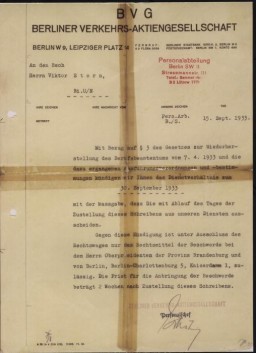
During the Weimar Republic (1919-1933), eugenics gained popularity in Germany. Learn more about the pseudoscience of “racial hygiene.”
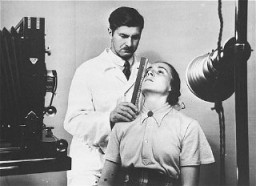
To implement their policies, the Nazis had help from individuals across Europe, including professionals in many fields. Learn about the role of German clergy and church leaders.
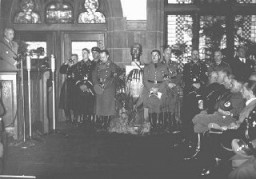
Theories of eugenics shaped many persecutory policies in Nazi Germany. Learn about the radicalization and deadly consequences of these theories and policies
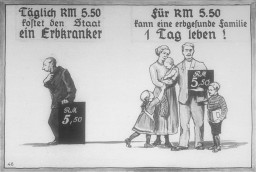
Adolf Hitler repeated the pre-existing claim that Jews used Freemasonry to achieve their political ends. Learn more about the history of Freemasonry.
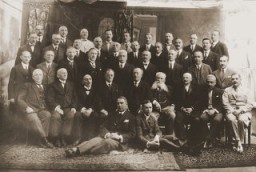
Belle Mayer trained as a lawyer and worked for the General Counsel of the US Treasury, Foreign Funds Control Bureau. This bureau worked to enforce the Trading With the Enemy Act passed by Congress. In this capacity, Mayer became familiar with the German I. G. Farben chemical company, a large conglomerate that used slave labor during World War II. In 1945, Mayer was sent as a Department of Treasury representative to the postwar London Conference. She was present as representatives from the Allied nations…

In Nazi Germany, German military personnel swore an oath directly to Adolf Hitler. Learn about the oath and its impact.
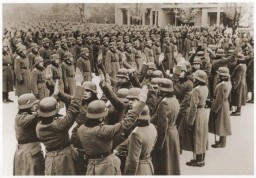
We would like to thank Crown Family Philanthropies, Abe and Ida Cooper Foundation, the Claims Conference, EVZ, and BMF for supporting the ongoing work to create content and resources for the Holocaust Encyclopedia. View the list of donor acknowledgement.